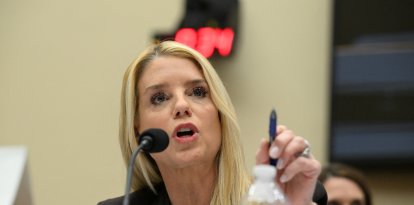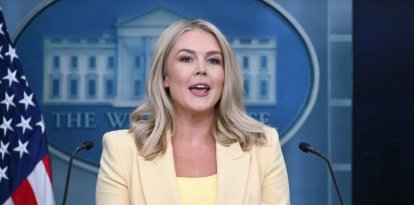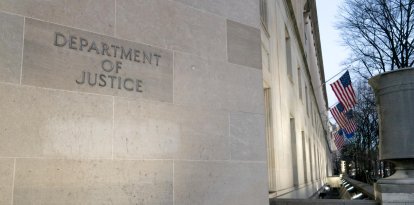Goodbye to the “legal cannabis” industry? The House will vote on an amendment to the farm bill that would ban Delta-8 THC in the US
Hemp is a species of cannabis with low THC that has been legal since 2018 thanks to a loophole in agricultural legislation. Its marketing moves billions of dollars a year.

The hemp industry moves $28 billion in the US. (AFP)
Congress will vote for an amendment to the agricultural law that could put an end to the hemp industry in the United States and, therefore, to its intoxicating products such as disputed Delta-8 THC, a toxic “cannabinoid” found in edibles across the country.
The amendment, introduced by Rep. Mary Miller (R-Ill.), would repeal a sweeping legal change passed in the 2018 farm bill.
Miller said in a statement that she was “proud that her amendment was included to close the loophole that has allowed THC-infused products like Delta-8 to be sold to teenagers in candy-like packaging.”
THC is the main psychoactive compound found in the cannabis plant.
Delta-8 THC, a potential developing public health problem
The story of how hemp became legal in the United States is unclear, but it is thanks to a clearly Republican effort that promoted a gap within the agrarian law so that farmers could grow tetrahydrocannabinol (THC), that is to say, non-toxic varieties of cannabis which, a priori, would focus mainly on industrial and medicinal use.
However, thanks to this legal loophole, over the years, the hemp (or “legal cannabis”) industry became practically a public health problem after it contributed to a thriving market for universally available cannabis products and one largely unregulated by the FDA.
Hemp should not be confused with the well-known marijuana, which is basically a variety of cannabis with a higher concentration of THC.
The hemp industry represents a massive $28 billion gray market, 22 state attorneys general reported to Congress in March.
These prosecutors denounced that the approval of the farm law in 2018, under these conditions, forced “cannabis-equivalent products into our economies regardless of states’ intentions to legalize cannabis use, and dangerously undermining regulations and consumer protections in states where adult-use legal cannabis programs are already in place.”
Now, Republican Miller wants to stop this industry with an amendment that, according to hemp lobbyists, would completely destroy a booming business that has even affected the marijuana trade itself in states where it is legal.
According to The Hill, Miller’s amendment, co-sponsored by Doug LaMalfa, a Republican representative from California, a state where marijuana is legal, restricts the definition of legal hemp to “naturally, occurring, naturally derived and non-intoxicating cannabinoids.”
This definition would basically leave cannabinoids like Delta-8 THC, which are generally toxic derivatives of chemical production, outside the law.
“So, too, would intoxicating drinks and edibles containing delta-9 THC or THCa — different names for what is roughly the same active chemical in the ‘marijuana’ sold in regulated states like California,” reads The Hill.
Concerns about Delta-8 THC and other types of toxic cannabinoids are not new at all.
Since 2022, the FDA has been warning that these types of substances are not regulated and, therefore, do not have approval for safe use.
The government agency details and emphasizes that these types of cannabinoids should be kept out of the reach of children and pets because they have received hundreds of reports of adverse effects due to the consumption of products containing Delta-8 THC.
Earlier this month, the FDA issued warning letters to companies illegally selling cannabinoid products such as Delta-8 THC.
“The FDA is very concerned about the growing popularity of Delta-8 THC products being sold online and in stores nationwide. These products often include claims that they treat or alleviate the side effects related to a wide variety of diseases or medical disorders, such as cancer, multiple sclerosis, chronic pain, nausea and anxiety,” said FDA Principal Deputy Commissioner Dr. Janet Woodcock.
“It is extremely troubling that some of the food products are packaged and labeled in ways that may appeal to children. We will continue to safeguard Americans’ health and safety by monitoring the marketplace and taking action when companies illegally sell products that pose a risk to public health.”

























